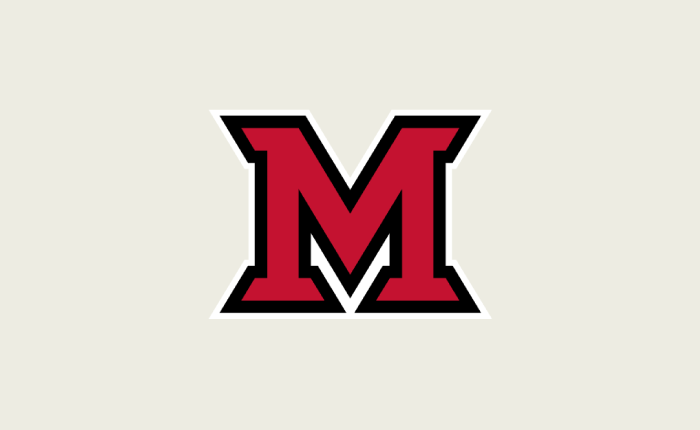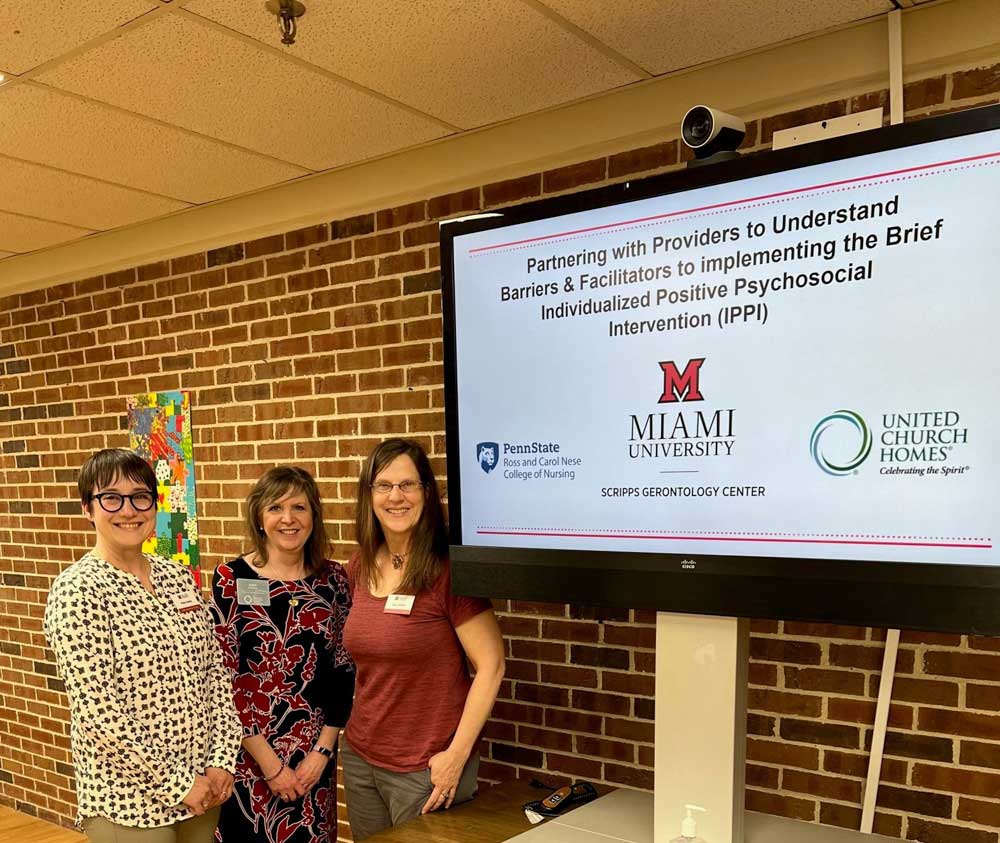Research
We conduct a wide range of aging-related research in areas that include demography, long-term care, program evaluation, the aging workforce, and arts and dementia programming. Our work provides information to the people who can use it so they can make informed decisions for and with our aging population.


